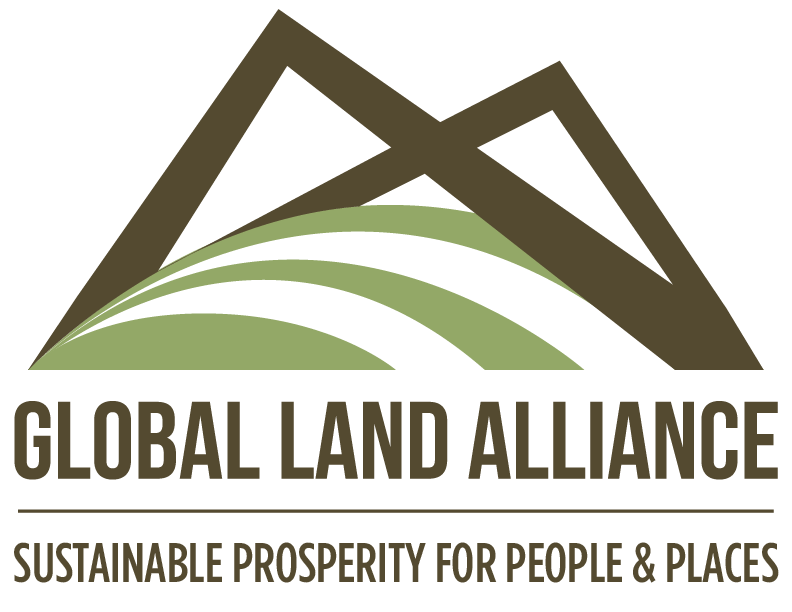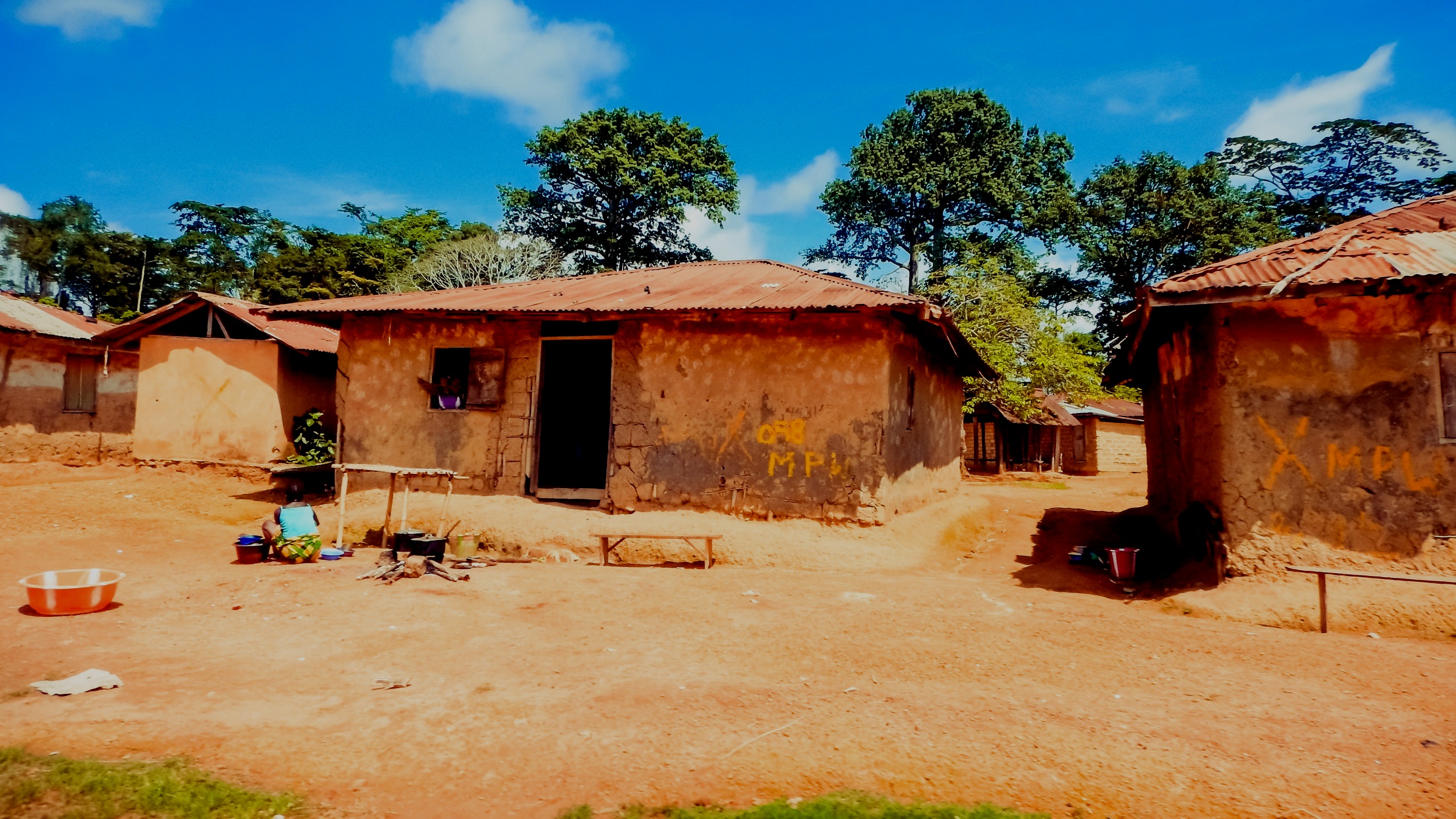This included slide-presentation depicts the research paper ,“Invisible And Excluded: Risks To Informal Wives And Partners From Land Tenure Formalization And Titling Campaigns In Latin America” published at the Conference of Latin American Geography (CLAG) 2023.
Read MoreLatin American countries have pursued rural land titling and registration campaigns over the past several decades with a broad range of social and economic goals. These efforts represent a permanent or long-term legal recognition of rights to land as a primary economic asset for agricultural communities and a source of family subsistence, security, and social and cultural wellbeing. Land rights can provide multi-generational benefits to recipients.
Read MoreIn Indonesia, the decentralization of land governance remains an important step in securing recognition of rights for communities and citizens. For many local government offices, funding and technical resources has been a barrier for completing village mapping activities, leaving knowledge gaps as to how vulnerable communities are to conflict, encroachment, and insecurity. The village boundary setting and resource mapping activity of the Central Lombok District Government seeks to address this gap. In 2020 Global Land Alliance and Cadasta Foundation, working with the Indonesian organization Yasan Puter, supported a rapid sample survey to assess perceptions of land tenure insecurity and land use in the Labulia
Read MoreHow can we reconcile the hazards of social interaction in a COVID-19 world with the importance of community participation to the successful, and sustainable, implementation of on-going land projects? The COVID-19 pandemic has disrupted all aspects of life and ways of working. From large cities to remote communities, no one has been left untouched from the impact of the pandemic. With strict health standards in place, COVID-19 has significantly impeded the way land tenure projects are operating in the field.
Read MoreGrenville Barnes grew up and received his early education (BSc and MSc) in South Africa, where he became fascinated by the settlement patterns and distinct land tenure of traditional people in South Africa, mainly the amaXhosa and amaZulu. In spite of the pervasiveness of apartheid, these tenure systems were still clearly based on tradition. Barnes realized that to understand land tenure one had to learn about the fundamental culture and institutions of a community. While reading more generally, he came across the publications of the Land Tenure Center (LTC) at the University of Wisconsin in Madison. At that time the LTC was clearly at the forefront of scholarship on land tenure.
Read MoreThe Global Land Alliance’s Pubic Consultation Desk is developing a different approach to public consultation. The following is a poster presentation accepted to the 2020 World Bank Conference on Land and Poverty.
Read MoreIn the context of land rights recognition and formalization, women involved in informal unions are often effectively ‘invisible’ and as an unintended result, an informal wife stands a high chance of being systematically left-out of the benefits of formalization. This may be true even when the government legally recognizes the property rights of informal partners/spouses: the challenge in this case is that these marriage-like relationships are not formally registered or recorded, so proactive land formalization and titling processes often ‘miss’ informal spouses and provide recognition only to male heads of household.
Read MoreAs a young law school graduate, John Bruce joined the Peace Corps in Ethiopia in 1968, a move which ultimately transformed his career in land tenure. He became an expert on the intricacies of land tenure systems in Africa, later adding experiences in China and East Asia over several decades. As both a policy advisor and researcher, he taught at several institutions worldwide, including the Land Tenure Center at the University of Wisconsin-Madison. Global Land Alliance sat down with Dr. Bruce as he reflected on lessons learned for the sector, past to present.
Read MoreSlash and burn agriculture is commonly practiced by poor farmers living in fragile ecosystems in many places throughout the world, particularly relevant in Dominican Republic. GLA and REDDOM have been working to promote the adoption of agroforestry technologies and practices to reduce the negative effects of hillside agriculture, improve agriculture productivity and revert soil degradation while contributing to adaptation and mitigation to climate change.
Read MoreOne key lesson from international development is the importance of community participation and inclusion throughout the project life cycle. Land and resource management projects have the potential to significantly impact communities, but the efforts to consult with communities and incorporate their participation into the project design are sometimes inadequate.
Read MoreOn June 4th, Global Land Alliance hosted the ‘Geographic Positioning Solutions for Land in Development’ brainstorming dialogue and panel discussion in Washington D.C. The purpose of the event was to facilitate a collaborative discussion between ‘suppliers’ and ‘appliers’ of positioning technology for use in the land tenure and administration sector.
Read MoreMaps of administrative boundaries are important tools for governments and citizen as they directly impact allocations of social services and control of natural resources. In Indonesia, many local governments are working to establish village boundaries for the first time.
Read MoreIn 1963, David Stanfield—then a graduate student living in Washington DC—was threatened with eviction for having an African American friend to his apartment. Finding the owner of the apartment in order to contest the eviction proved to be almost impossible due to a cascade of companies behind the administrator of the building. For the next 55 years, Stanfield would dedicate his life to exploring the issues of property, power, and rights.
Read MoreThe following poster was presented at the GIS Expo in South Florida in August 2018. It presents the outcome of a collaboration between Global Land Alliance (GLA), the Forest County Potawatomi Community’s Land and Natural Resources Division (FCPLNRD), and University of Florida (UF) Geomatics Program. The group conducted a technical exchange to better understand the potential of Unmanned Aerial Systems (UAS) technology in assessing and managing Forest County Potawatomi community land, natural resources and infrastructure.
Read MoreGlobal Land Alliance (GLA), in collaboration with professors from the University of Florida’s Geomatics Department and the Forest County Potawatomi Community Land Information Department, conducted a hands-on, technical demonstration in northern Wisconsin this past June, 2018; exchanging ideas on the potential benefits of utilizing Unmanned Aircraft Systems (UAS) in assessing the Community’s natural resources and physical infrastructure.
Read MoreIn Haiti, in addition to the insecurity experienced by informal occupants, users or tenants of State and private lands, “tenure insecurity” relates to the generalized lack of clarity about land ownership, namely to the lack of knowledge, based on legal proof, and of publicity about parcel boundaries, the identity of owner(s), and ownership rights.
Read MoreThis paper presents the challenges and possible opportunities to resolve an intractable issue plaguing both land tenure security and social equity in the Dominican Republic – an issue which is a remnant of the agrarian reform process and in particular a result of uncompensated expropriations of private lands.
Read MoreThis paper recounts the development and implementation of a land administration and territorial management system for the Forest County Potawatomi Native American Community of Wisconsin. This system can serve as a model for not only native communities of the United States, but communities throughout the World seeking to preserve and maintain control of their land and natural resources, especially in situations of encroachment and competition.
Read MorePublic consultations prior to land tenure programs can be inclusive, gender-oriented, transparent and participatory processes that help set a similar tone for implementation. Public consultations provide an opportunity to explore environmental and social risks of a land program in a manner that puts stakeholders’ concerns at center stage and that can result in forms of participatory monitoring.
Read MoreThe “Basics of LiDAR Data” workshop sponsored by the Wisconsin State Cartographer’s Office held at St. Norbert College in De Pere, Wisconsin provided Land Alliance with the opportunity to learn the basics of this technology and understand its possible use in forest and land tenure and land administration studies and projects. LiDAR (Light Detection and Ranging) is a form of remote sensing used to collect information about the landscape.
Read More




















